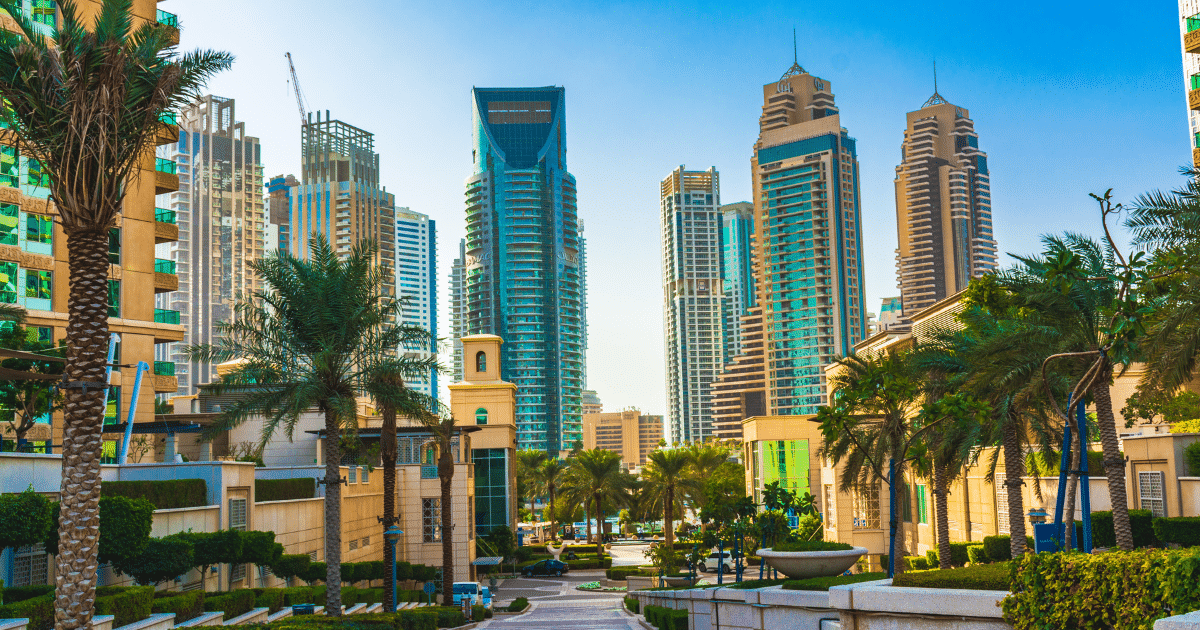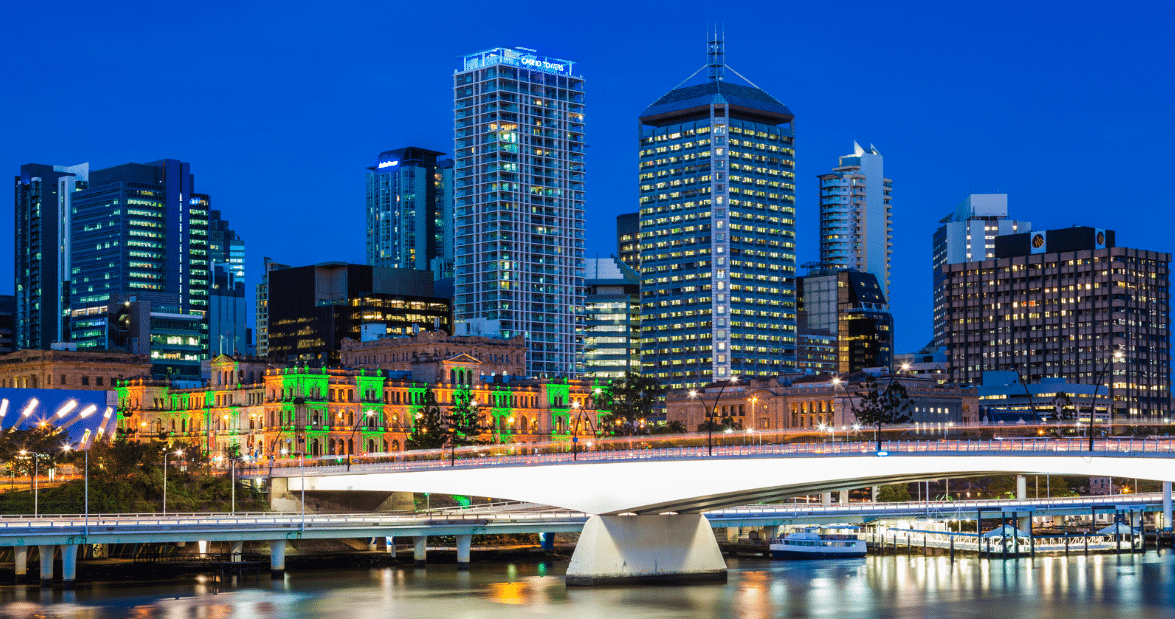The slump in skilled migration to Australia due to the pandemic will suffocate the New South Wales economy for years to come, state Treasurer Dominic Perrottet has said.
Speaking ahead of delivering the state budget later this month, Mr Perrottet said that in addition to the economy, the population growth of NSW is also plummeting.
The falling population growth is being especially felt in industries ranging from hospitality to professional services, which are heavily reliant on skilled migration.
Mr Perrottet said that even though everyone has been focused on the immediate challenges of the coronavirus pandemic, these challenges will be felt for years to come.
Because of border closures and a subsequent halt in skilled migration to Australia, more than 40 per cent of NSW firms have reported economic disruptions created directly by skills shortages.
Earlier this month, Mr Perrottet introduced a pilot plan designed to revive the state’s international student sector, which was worth $14.6 billion in 2019.
Under this new pilot program, 250 international students will be allowed to travel to Australia every fortnight on chartered flights, with quarantine in special accommodations upon arrival.
The five-yearly NSW intergenerational report, which was also released earlier this month, showed that population growth in the state will fall to zero in 2021, and reach just 0.1 per cent in 2022 due to reduced migration and fertility rates as a result of the effects of Covid-19.
Busienss NSW chief Daniel Hunter also said that skills shortages are having negative impacts on businesses of all sizes and industries, in every part of NSW.
According to the latest government forecast, the fall in population growth is set to reduce NSW’s economic output by around 5 per cent by 2023-24, which equals to almost $34 billion.
However, with the opening of international borders pushed back even further by the Commonwealth, it is expected that the economic losses will be even larger.
Stephen Walters, chief economist of the NSW government, also said that a reduced number of new migrant and international student arrivals is having profound and lasting negative impacts on the state economy.
Population has been a major driver of NSW’s economic growth over the past decade, and border closures due to the pandemic has had a substantial cost on the state, he said.






